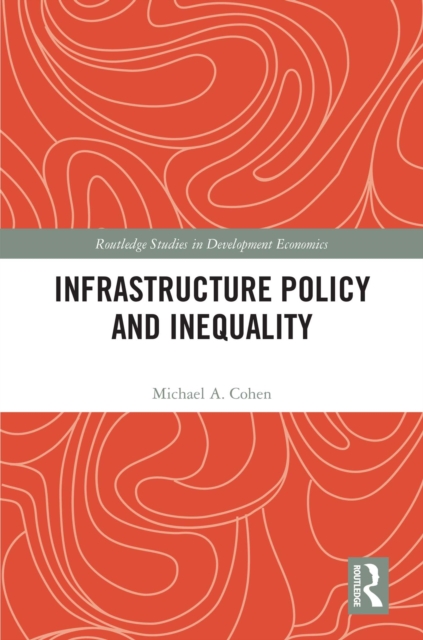
Infrastructure Policy and Inequality PDF
by Michael A. Cohen
Part of the Routledge Studies in Development Economics series
Description
This book reframes the purpose of infrastructure from being an input to economic growth to becoming a major instrument in reducing socio-economic inequalities in both industrialized and developing countries.
Drawing on global and national lessons of COVID-19 and extensive working experience in 55 countries, this book reviews infrastructure policies and performance over several decades and suggests that the "underperformance" of infrastructure could be improved by more attention to users and the demand side, and thereby contribute to overcoming many obstacles facing low-income communities around the world. This book argues that growth is not a necessary condition for sustainability or social justice, and that both are undermined by structural inequalities which reduce the income and opportunities of urban households. More focus on user needs can substantially change the distribution of benefits and the quality of living conditions of low-income people. It provides a unique theoretical and on-the-ground critique of conventional infrastructure practices while illustrating to readers the many positive experiences around the world. More infrastructure is not enough; different and better is needed. This book reviews World Bank experience in launching a 30-year program to alleviate urban poverty through some 7,000 projects, showing that many significant policy changes have led to a big improvement in global urban policies adopted by national and local governments, yet have failed to significantly address and reduce intra-urban inequalities.
The audience for this book includes academics, both faculty and advanced graduate students, while also a wider public interested in the prospects for international development.
Information
-
Download - Immediately Available
- Format:PDF
- Pages:200 pages
- Publisher:Taylor & Francis
- Publication Date:04/04/2024
- Category:
- ISBN:9781040011430
Other Formats
- Hardback from £130.00
- EPUB from £31.58
Information
-
Download - Immediately Available
- Format:PDF
- Pages:200 pages
- Publisher:Taylor & Francis
- Publication Date:04/04/2024
- Category:
- ISBN:9781040011430










